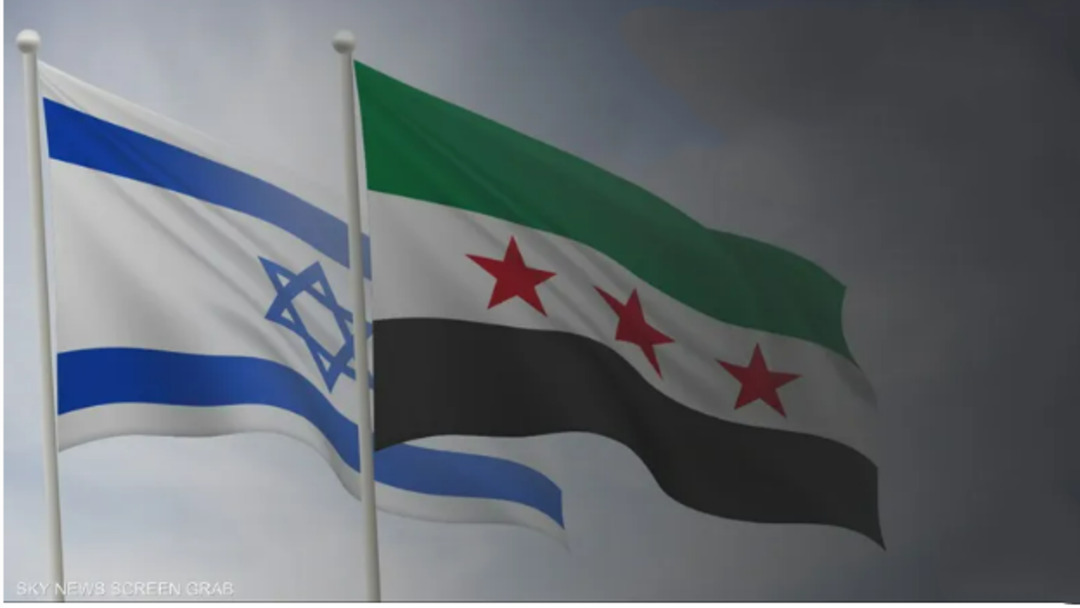-
Haaretz Analysis: South Syria's Interests and the Test of Negotiations with Israel

The region of southern Syria is experiencing unprecedented diplomatic shifts, transforming into a hub of international and regional conflicts and interests. This highlights its significance as a crossroads for the security and political policies of both Israel and the United States. With recent negotiations approaching a critical point, it appears that these meetings could represent a rare exception to the typically hostile relations between Syria and Israel. However, failure in these talks could lead to an escalation beyond regional boundaries.
In the context of recent meetings, they are viewed as a reflection of increasing American engagement, seen as a key player in reshaping a new regional system, with Turkey also having clear ambitions in Syria.
The meeting in Paris was conducted formally and in an unusual style, signaling an official announcement from the Syrian regime’s official media about the importance of ongoing dialogue. This indicates a potential shift in the Syrian regime’s official approach toward the region.
Reliable sources indicate that the primary goal of these meetings is to prevent Hezbollah, Iranian forces, or any other hostile entities from establishing a foothold in southern Syria. Proposals are currently being discussed to limit the presence of forces on the border area to unarmed security personnel with a limited security role, confined to maintaining order and preventing escalation.
For the Syrian regime, these talks represent an opportunity to establish direct channels of communication with Israel and strengthen relations with Washington. However, any concessions made by President أحمد الشرع could be considered treason internally and could reflect on his popular legitimacy, especially amid internal challenges and fears of rebellion against decisions.
Meanwhile, Israel, which currently controls parts of the border area, seeks to avoid bearing responsibility for managing the local population. Instead, it aims to indirectly control the area through Damascus to ensure stability and avoid direct confrontation.
In the Suwayda region, the area was a main focus of discussions between the U.S. envoy and the Druze community leader, with talks about establishing a humanitarian crossing supervised by the United States. This proposal tests Syria’s ability to cooperate with Israel, especially in protecting populations and promoting self-governance.
Calls for Druze self-governance reflect a desire within the local community to protect their identity and security. Conversely, Damascus regards any concession of national sovereignty as a serious risk that could open the door to similar demands from other groups, such as the Kurds, threatening Syria's territorial unity and stability.
Ultimately, these developments illustrate the complexity of the scene in southern Syria, where international and regional interests intersect. The region is nearing a crossroads, contingent on the outcomes of negotiations and whether they will succeed in redrawing the map of influence and conflict in the area.
You May Also Like
Popular Posts
Caricature
opinion
Report
ads
Newsletter
Subscribe to our mailing list to get the new updates!






















